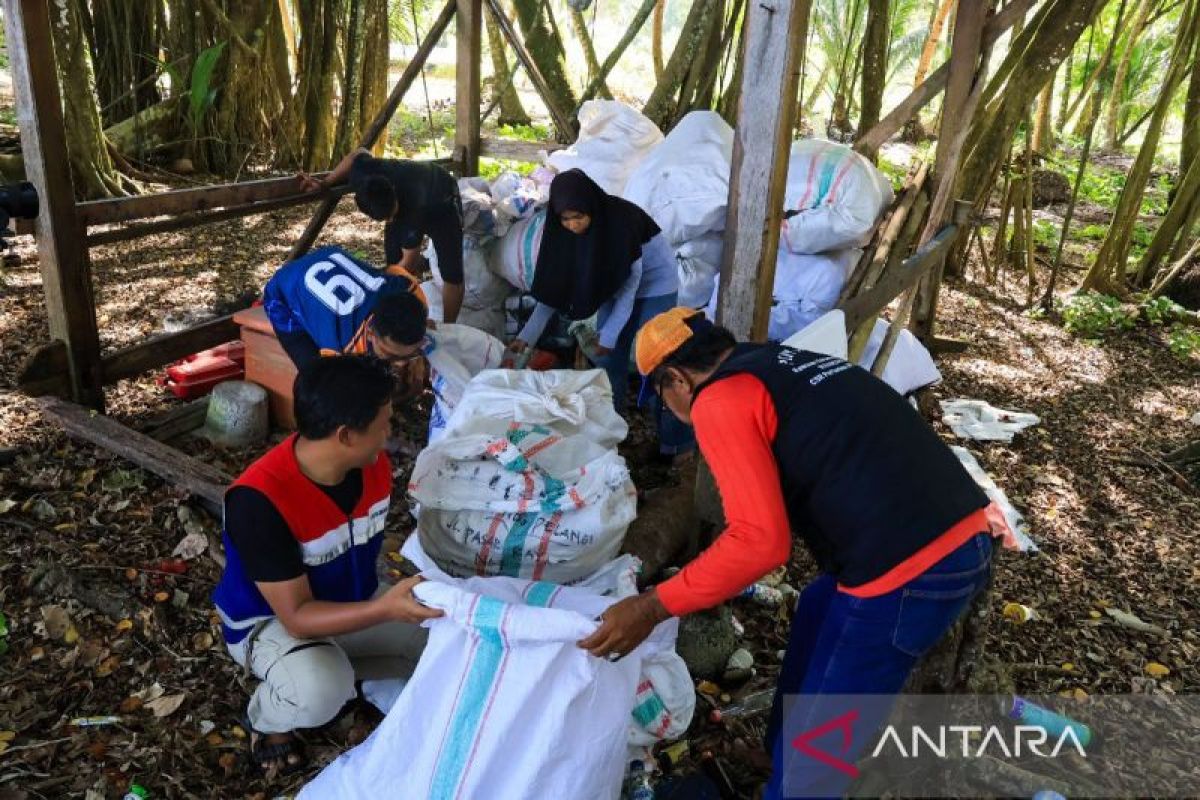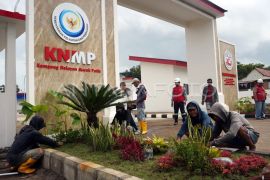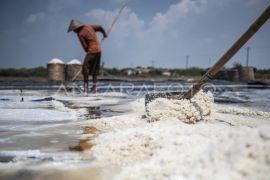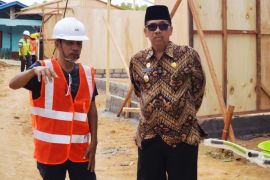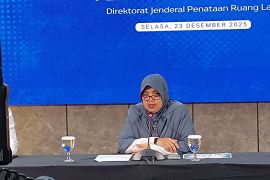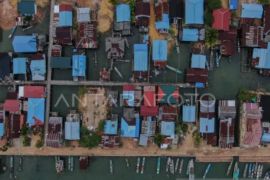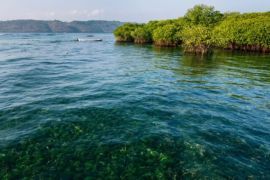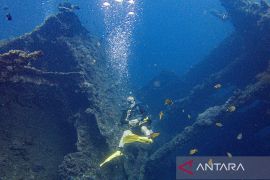“We continue to educate coastal communities by visiting them at coffee shops and talking about the importance of preserving marine ecosystems,” said Padang Coastal and Marine Resources Management Center (BPSPL) Head Rahmat Irfansyah.
He said the initiative focuses on communities that rely on the sea for their livelihoods, aiming to raise awareness of sustainable marine practices and the long-term risks of environmental damage.
A key threat, Irfansyah noted, is plastic waste, especially unmanaged garbage that ends up in rivers and eventually flows into the ocean.
According to the national waste management information system, Padang City generates 643 tons of waste daily. Of that, only 72 percent is properly managed, while 21 percent is sorted by collectors. Around 6.24 percent, or 40.12 tons, remains unmanaged.
Related news: Indonesia, UAE team up to combat river plastic pollution
“This unmanaged waste often flows into rivers and reaches the ocean, causing serious harm to marine ecosystems,” Irfansyah said.
“If we don’t act, it could have major consequences, not just for nature, but also for communities,” he added.
He warned that ecosystem damage will directly impact coastal residents, especially fishermen. Potential losses include reduced fish catches and increased risk of consuming seafood contaminated with microplastics.
An estimated 70 percent to 80 percent of waste entering the ocean is plastic, a material that does not decompose easily.
“Plastic is either organic or synthetic, but either way, it persists in the environment for years,” Irfansyah explained.
“That’s why we always say—the sea is the future of our nation,” he added.
Related news: Ministry records 41.68 percent drop in plastic waste leaks into ocean
Translator: Muhammad Zulfikar, Katriana
Editor: Rahmad Nasution
Copyright © ANTARA 2025
